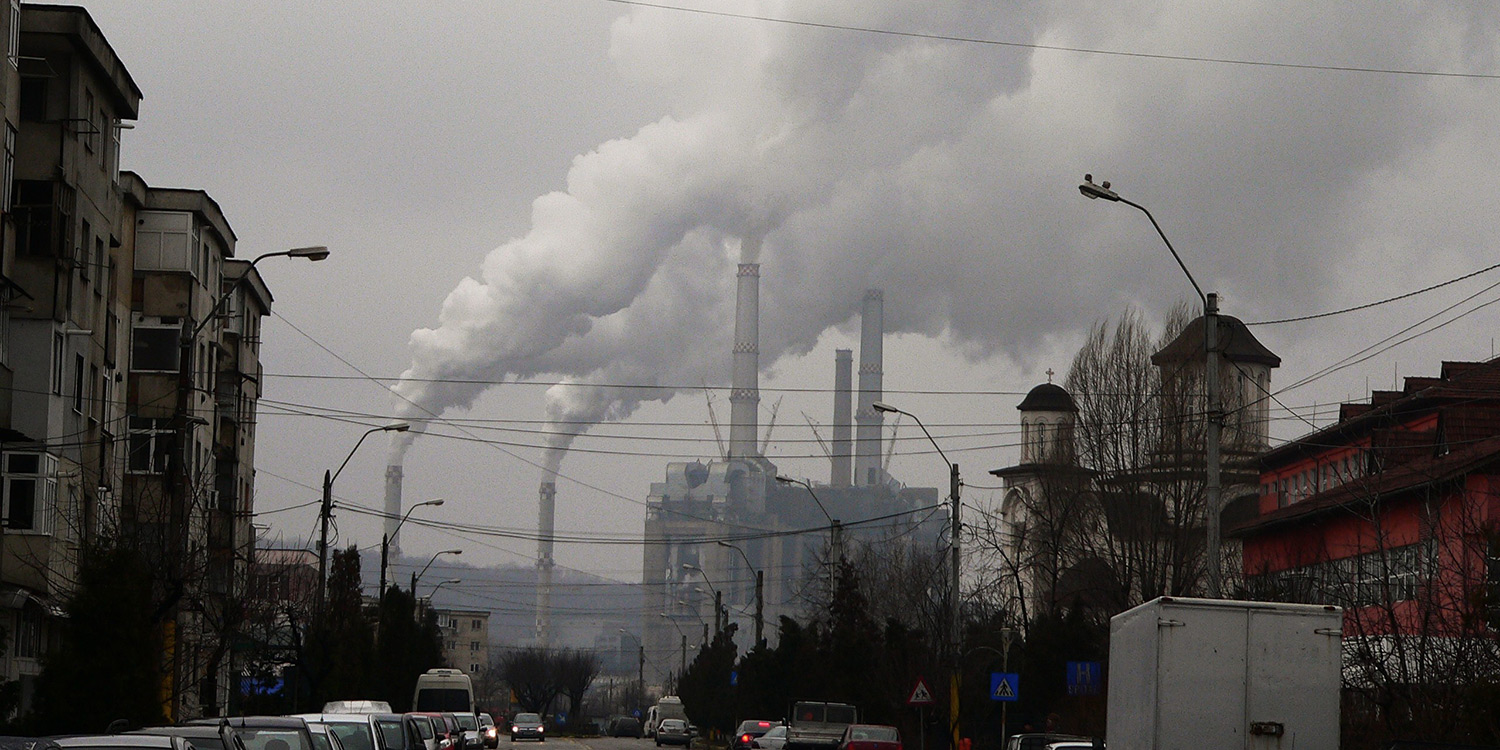In an interview with Euronews last week, Romania’s Minister of Economy, Energy and the Business Environment finally confirmed that no new coal unit will be built in the country. Only one such power plant was in the pipeline – the 600 MW Rovinari project, first proposed in 2012 with Chinese partners who would also be the majority shareholders. The unit was supposed to be run together with the state-owned Oltenia Energy Complex (OEC), which currently operates four power plants and 10 lignite mines.
While the project was considered implicitly cancelled because it was removed without fanfare from the National Energy Strategy in September, the Minister’s announcement makes this cancellation definitive. It also reflects the acknowledgement of an increasing number of stakeholders in Romania, including government officials and energy authorities, that coal is incompatible with climate goals and with the implementation of the Green Deal, as they seek to take advantage of generous European funding opportunities.
The warning signs were clear
The new unit’s economics were doomed from the start, as a Bankwatch analysis from 2019 showed. Even under the most favourable assumptions for the project, which have already been proven false – such as a low cost of pollution (originally estimated at a price of EUR 21 per ETS allowance, but which is today over EUR 27) – it would still have a negative cash flow throughout its first 15 years of operation. Furthermore, the unit’s revenue would cover the costs of lignite, limestone and pollution, but would leave little margin for fixed costs (salaries, operation and maintenance), depreciation and interest expenses.
Oltenia in a hole – will it stop digging?
The Minister’s announcement is expected to become official next month, when Oltenia Energy Complex’s board will approve the company’s position on the opportunity of the project to build a new 600 MW unit at Rovinari, taking into account all recent aspects of the internal and European energy markets, as well as the intention and the actual capacity to implement it. OEC has bigger concerns, as it can no longer cover its operating costs: it borrowed over EUR 100 million last year, and this year it received European Commission-approved state aid worth EUR 251 million.
Even as the company comes to terms with the fact that coal is unsustainable, it still hasn’t realised that fossil gas is not part of the solution. OEC is unable to return this year’s loan, and because of this, European state aid rules require it to prepare a restructuring plan. While this plan isn’t public, a summary was presented by the company, showing plans to build fossil gas units totalling 1.3 GW on the site of the Turceni and Ișalnița power plants. OEC also intends to build eight photovoltaic parks totalling 700 MW; however, switching the core of its business to gas shows that it still fails to understand how to make its business truly sustainable.
Lessons for the Western Balkans
The demise of the new unit at Rovinari sends a strong message to Serbia and Bosnia and Herzegovina – now the only countries in southeast Europe which are planning new coal plants.
Like Serbia and Bosnia and Herzegovina, Romania assumed it could benefit from Chinese financing to build a new coal unit, but it didn’t take into account today’s economic realities, which render coal largely uncompetitive. The Rovinari plan was based on flawed maths and the company failed to take into account a rise in CO2 prices. Despite the fact that Oltenia still benefits from some free emission trading scheme allowances, the company is in deep economic trouble. It has ended up dependent on emergency rescue and restructuring aid, even without building the new unit.
The story of Kostolac B3 in Serbia and Tuzla 7 in Bosnia and Herzegovina might well turn out similarly, with dire consequences for the state-owned companies promoting them. Kostolac B3’s feasibility study omitted CO2 prices, arguing – without any legal basis at all – that if introduced, they would be paid by the government. Tuzla 7’s feasibility study was similarly deluded, expecting CO2 prices to be introduced only in 2034, and only at a rate of EUR 7.10.
Yet it’s clear these countries cannot continue to trade electricity with the EU without playing by the same rules as EU operators. This is why the EU is currently planning to introduce a carbon border tax and the Energy Community is examining options for the introduction of the ETS in the region.
The Rovinari project shows exactly what happens to new coal power plant plans when countries have to play by EU rules. They fail. Serbia and Bosnia and Herzegovina need to learn this lesson before it’s too late.
Never miss an update
We expose the risks of international public finance and bring critical updates from the ground – straight to your inbox.
Institution: EU funds
Theme: coal mining
Location: Romania
Project: Coal in the Balkans | Fossil gas | Rovinari unit 7
Tags: BalkanCoal | EU funds | Romania | coal mining

